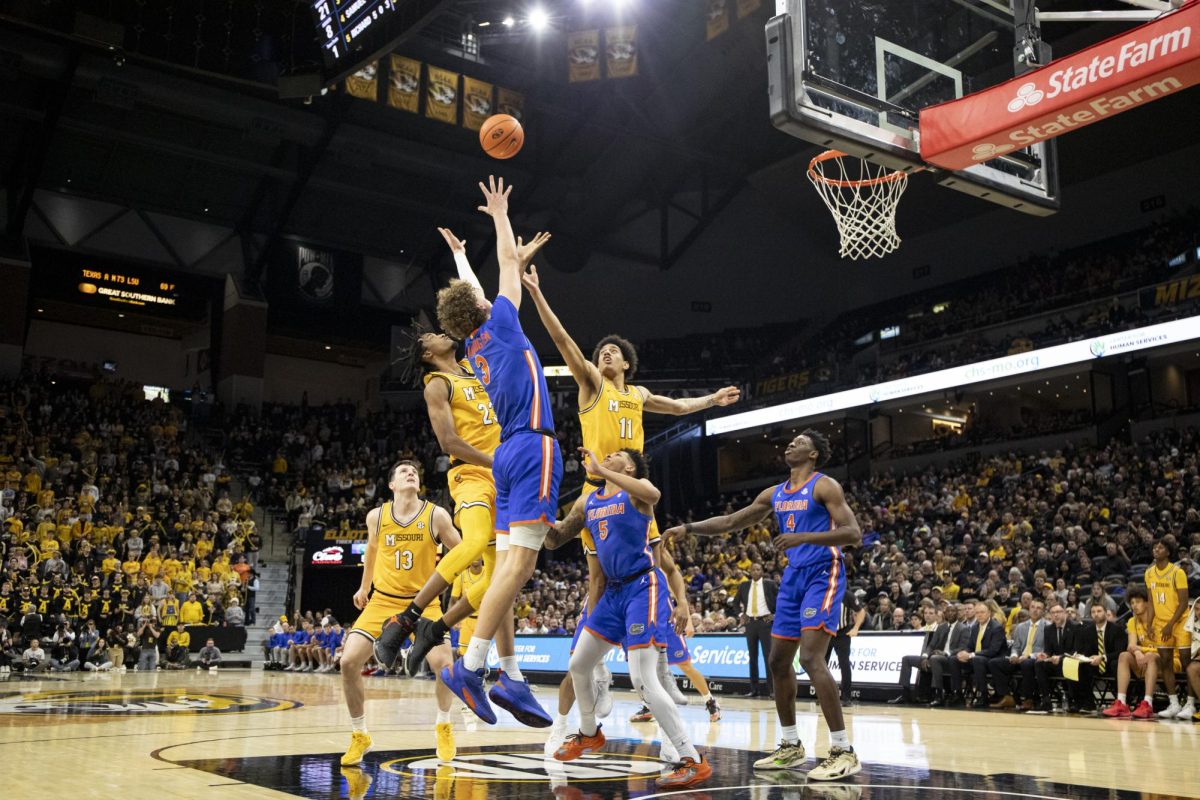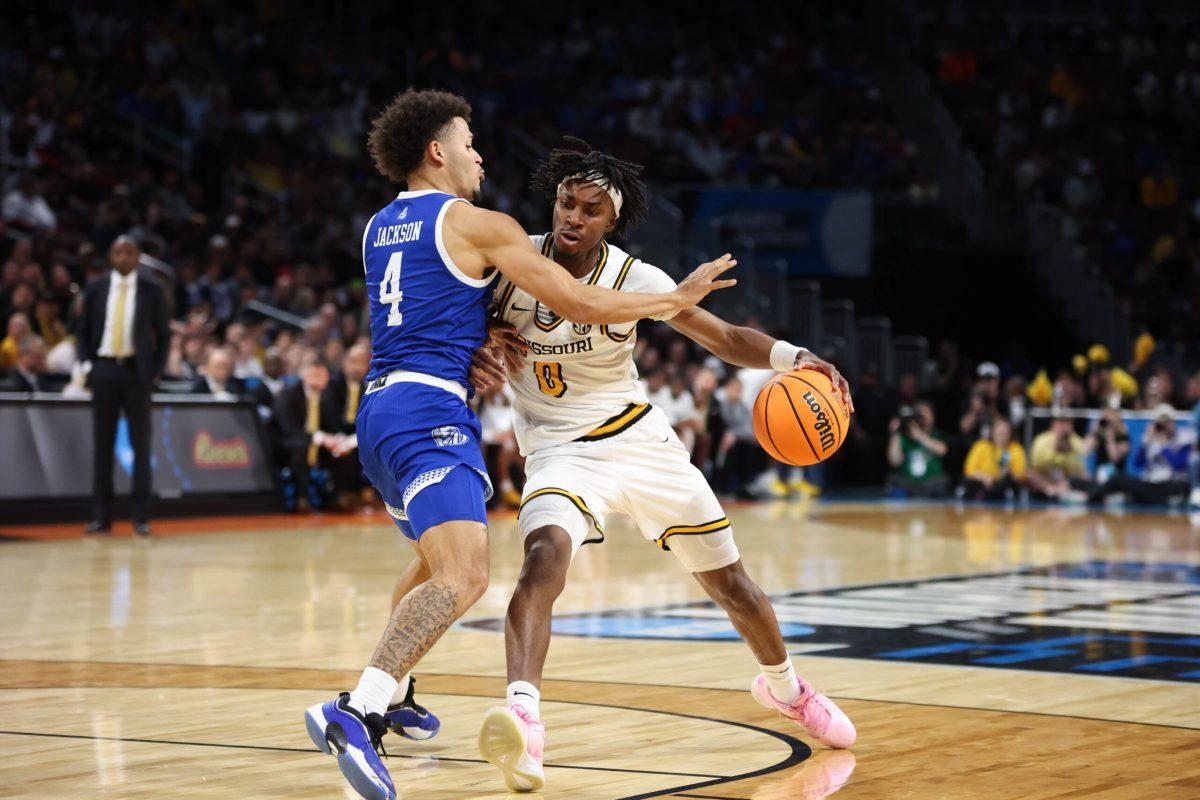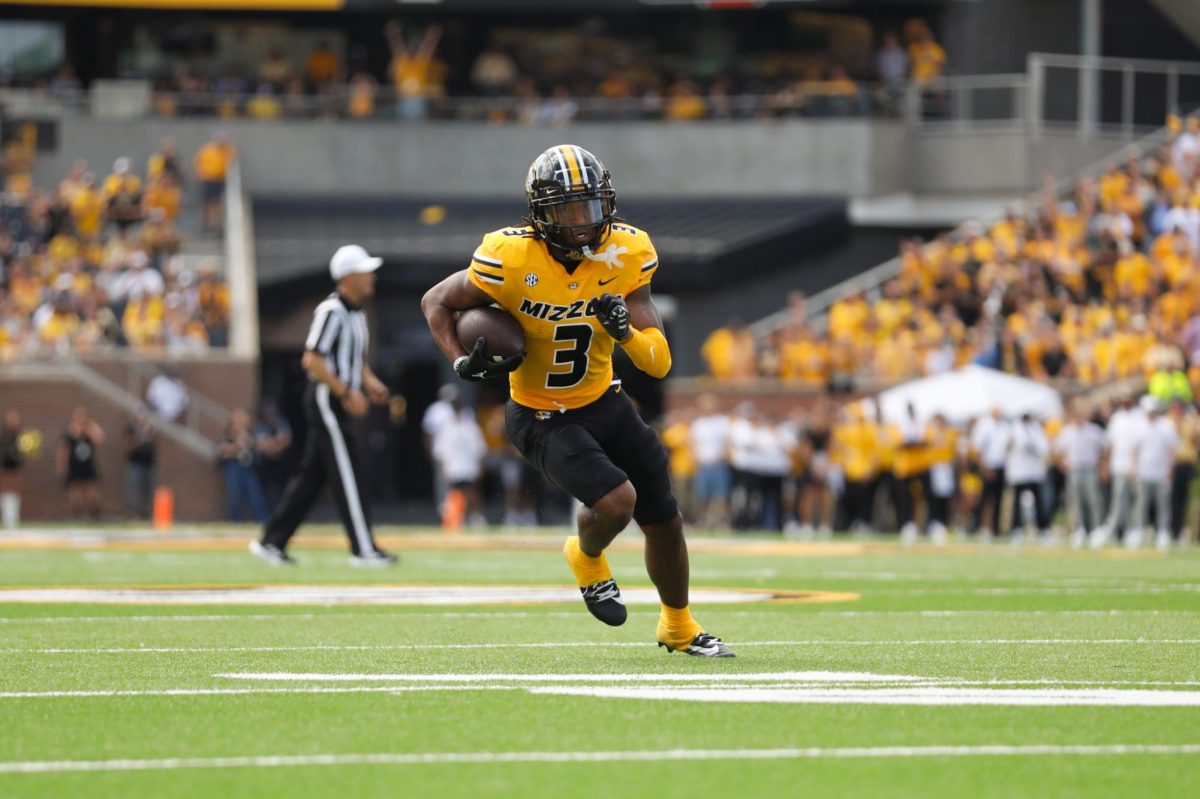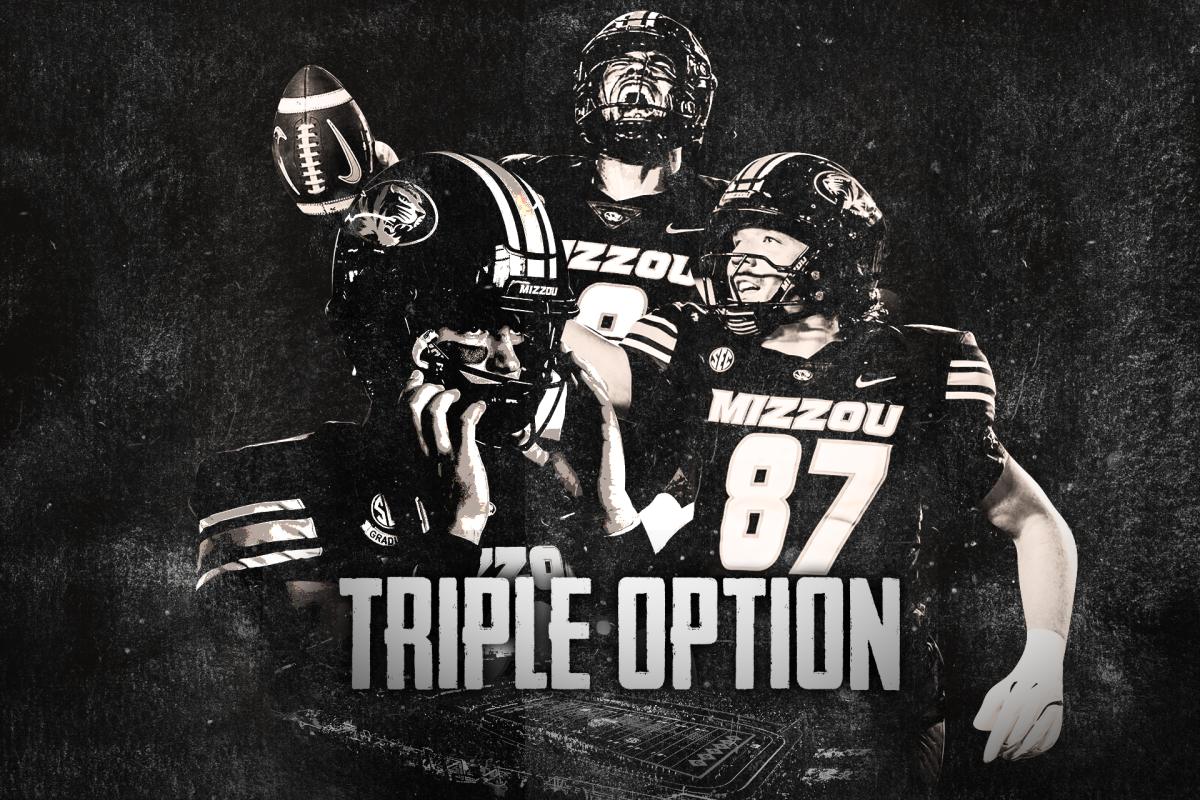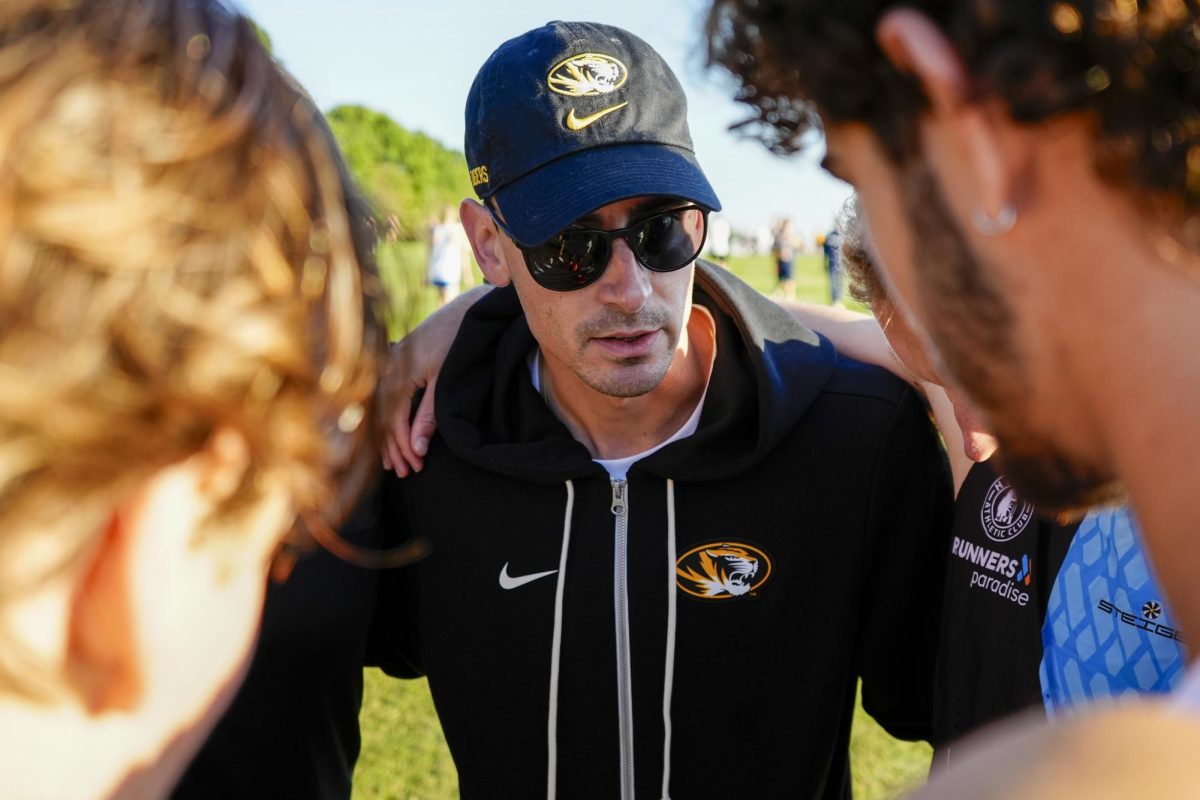If you’ve seen the video — and everyone that cares at all about sports has — then you know why Rutgers basketball coach Mike Rice had to go.
The clips, compiled from practices throughout a three-year tenure that ended with Rice’s firing on Wednesday, showed a bully who should never have been allowed to coach a single game. Rice shoved, grabbed and kicked his players and heaved basketballs at their heads, barking out homophobic slurs all the while.
It would seem obvious that such an unhinged bully should never have been hired to coach college athletes in the first place, much less have kept his job after his boss was made aware of his conduct. But that’s just what happened in December, when Athletic Director Tim Pernetti saw the video and doled out a minor punishment of a three-game suspension and $50,000 fine, plus an order that Rice attend anger management counseling. The university did not disclose the reason for Rice’s suspension.
That changed on Tuesday afternoon, when ESPN’s “Outside the Lines” aired the clips in its larger report on Rice’s abusive practice behavior. Immediately, the bottom-feeding basketball program became the talk of the nation. In less than 24 hours, everyone from LeBron James to New Jersey Gov. Chris Christie had voiced disgust, and Pernetti was left with no choice but to remove Rice.
The whole episode is a disgrace for Rice and the entire Rutgers administration, but it’s not an isolated problem. We know that Rice and Pernetti’s actions aren’t all that uncommon. In many cases, it seems this behavior goes unnoticed or is even rewarded.
Take the case of Rick Majerus, the former coach at Utah and St. Louis who passed away last December. Majerus was one of the sport’s most beloved figures, in no small part due to his public persona. His death was met with a round of fawning remembrances of how he had mastered the role of a funny, self-deprecating fat guy.
Few remembered that in 2008, Sports Illustrated recounted a 1995 Utah practice in which Majerus pulled out his penis as an example to his players of what exactly six inches — the distance he demanded his players keep between themselves and opponents in the post — looked like. The same article also detailed a 2002 practice in which Majerus called his legally deaf center “a disgrace to cripples” who had “weaseled (his) way through life using (his poor) hearing as an excuse.”
Despite the similarly reprehensible behaviors, two key differences exist between Rice and Majerus. The simpler one is that there’s no video of Majerus dropping his pants or discriminating against the deaf – or at least none that’s been leaked to ESPN. It gets more complex when you consider that Majerus was famous and won a lot of basketball games, while the little-known Rice went 44-51 with a program almost nobody follows.
Many members of the same public that rightfully and universally condemned Mike Rice undoubtedly idolize more successful tyrants coaching elsewhere. You can’t be horrified by what went on at Rutgers and accept the insanity of Bear Bryant, whose practices at Texas A&M drove several players to the brink of death, or the pattern of abusive behavior demonstrated throughout Bob Knight’s three decades at Indiana.
We too often excuse abusive coaching behaviors as examples of “fire” or “passion” because we want to believe that college sports provide teachable moments that build character. We want to believe that coaches always have the best interests of their players in mind. We want to forget that those players are unpaid and utterly beholden to those millionaire coaches who can refuse to renew their scholarships and prevent them from transferring elsewhere.
Rutgers missed its chance to fire Rice right away; its recruiting and reputation will suffer as a result. It’s a harsh fate, but well-deserved for an athletic department that forgot about its athletes.



